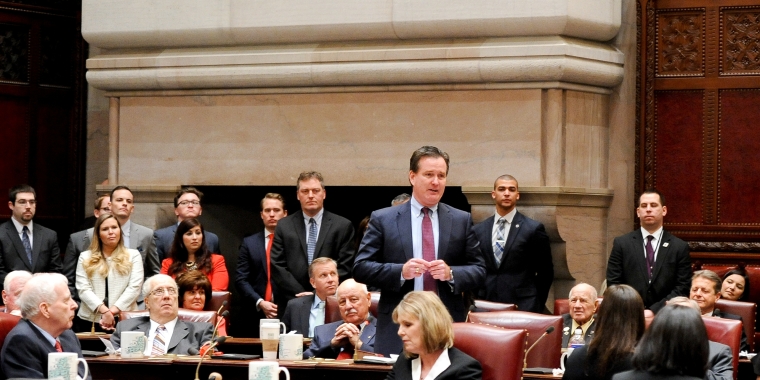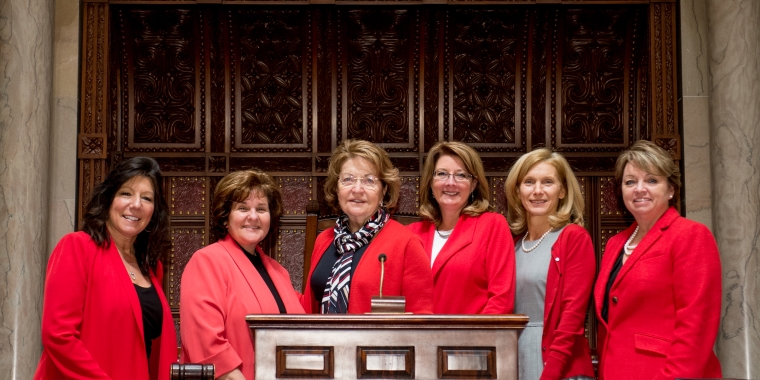
Senate Passes A Permanent State Spending Cap Into Law To Ensure Responsible State Budgets
January 10, 2017
-
ISSUE:
- State budget

Senate Majority Leader John Flanagan (2nd Senate District) recently announced Senate passage of legislation to enact into law a permanent cap on state spending that maintains fiscal responsibility and keeps saving taxpayers more of their hard-earned money. The bill (S365), sponsored by Senator Joseph Robach (56th Senate District) would limit state spending and continues the progress made by a self-imposed spending cap that has already saved taxpayers a cumulative $31 billion since the 2010-11 budget.
Senate Majority Leader Flanagan said, “The Senate is committed to building upon the fiscal discipline demonstrated in the last six state budgets so that we can continue to invest in New Yorkers’ shared priorities and provide additional tax relief for the middle class. Keeping state spending under control is key to ensuring that New York is on firm fiscal footing for the future.”
Senator Robach said, “At a time when so many taxpayers and families have to tighten their belts and make hard decisions about how they want to budget their money, it only seems right for state government to do the same. This is sensible legislation that will help to ensure state government is not spending beyond its means and will stabilize state finances during tough economic times.”
Since Republicans regained the majority in the Senate in 2010, six responsible on-time budgets have held spending at or below two percent. That self-imposed cap ensured the state was spending only what taxpayers can afford, while investing in education, road and bridge repairs, and other initiatives that create new jobs. Ultimately, capping state spending has saved taxpayers nearly $31 billion on a cumulative basis since the 2010-2011 budget - including the elimination of a $10 billion deficit inherited from the previous all-Democrat, all-New York City-led government.
The legislation passed today would limit state spending to a three-year rolling average of inflation and increase the maximum capacity of the state’s rainy day fund. This approach helps end the historic pattern of “boom and bust” cycle budgeting and imposes greater fiscal discipline.
The bill will be sent to the Assembly.
related legislation
Share this Article or Press Release
Newsroom
Go to NewsroomWilliam J. Larkin, Jr.
May 15, 2017



